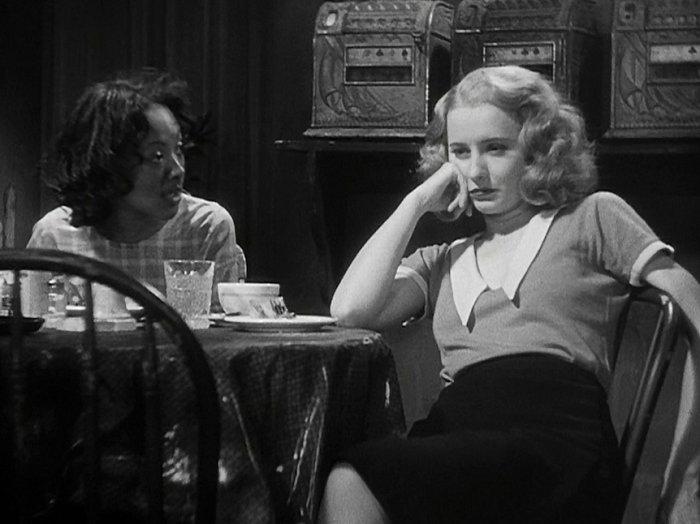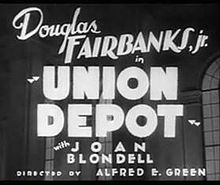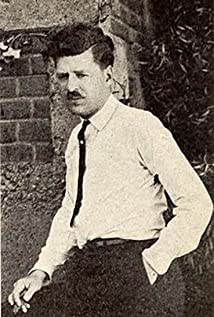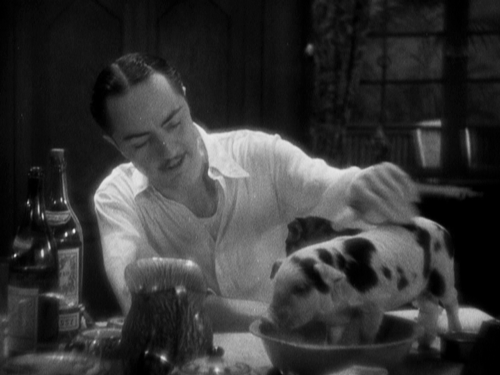My column for Caimán cuadernos de cine, submitted in April 2023.
One of the limitations of auteurist criticism is its overlooking of certain remarkable film directors who lack clear auteurist profiles, such as Alfred E. Green, Mervyn LeRoy, and Roy Rowland.
To consider them in reverse order: My work as consultant on the 1998 re-editing of Orson Welles’ Touch of Evil enabled me to become acquainted with Janet Leigh, and when I once asked her whom her favorite director was among those she worked for, her answer was neither Welles nor Hitchcock, both of whom she revered, but the much lesser known Rowland, the first one who directed her (in The Romance of Rosy Ridge, 1947), because he was kind enough to teach her certain basics about moviemaking. When Samuel Fuller cited LeRoy along with John Ford as a role model, I suspect he was thinking not only of LeRoy’s versatility but of his particular distinction in directing such powerful social dramas as I Was a Fugitive from a Chain Gang (1932) and They Won’t Forget (1937).
Alfred E. Green (1889-1960), a favorite of mine, started out as a silent actor and a director of two-reelers and ended his career directing TV episodes. But my enthusiasm for his work hinges on the 40-odd features, mostly B-films, that he directed in the 1930s, including such gems as Union Depot (1932) and Baby Face (1933). The first of these begins with a lengthy take entering and exploring the title location — a jaw-dropping piece of camera choreography and artful mise en scene — and the 60-odd minutes that follow, featuring Douglas Fairbanks Jr. and a flock of 30s standbys (including Joan Blondell, Guy Kibee. Alan Hale, and Frank McHugh), mostly in nearby locations, is impressive as well. Baby Face, even in its censored 70-minute version, has long been celebrated as one of the Depression’s raciest movies, and the recently discovered uncut version, with six minutes of additional footage, is even more explicit and sordid. Sexy, steely Barbara Stanwyck is a small-town prostitute initially pimped by her bootlegger father. With a black woman as her only friend, she moves to the city, and armed with nihilist sayings by Nietzsche, starts screwing her way up the corporate ladder (though she rebuffs John Wayne, seen in an early bit part).
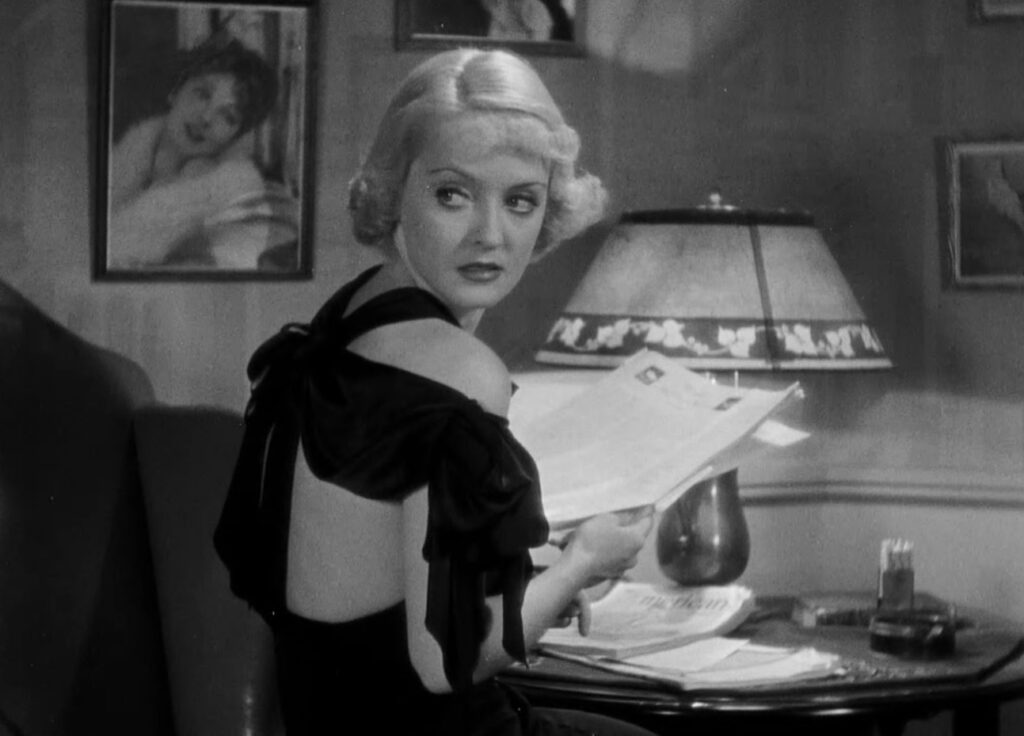
Part of Green’s deftness in handling his stars — William Powell in The Road to Singapore, Bette Davis sporting a Southern accent in Parachute Jumper — seems a function of the overall brilliance of Warners in the 30s. But Green has 118 directorial credits in the Internet Movie Database (Rowland has 59, LeRoy 80), suggesting that still more treasures may be awaiting us.

